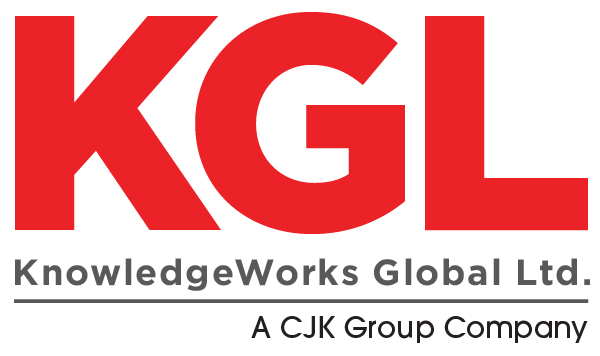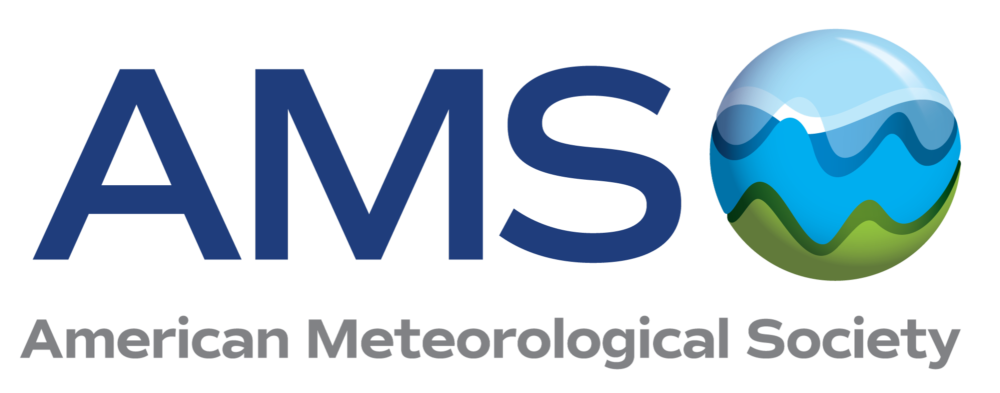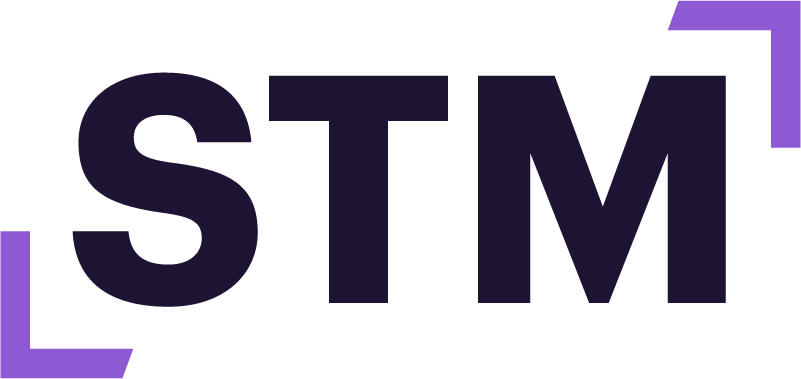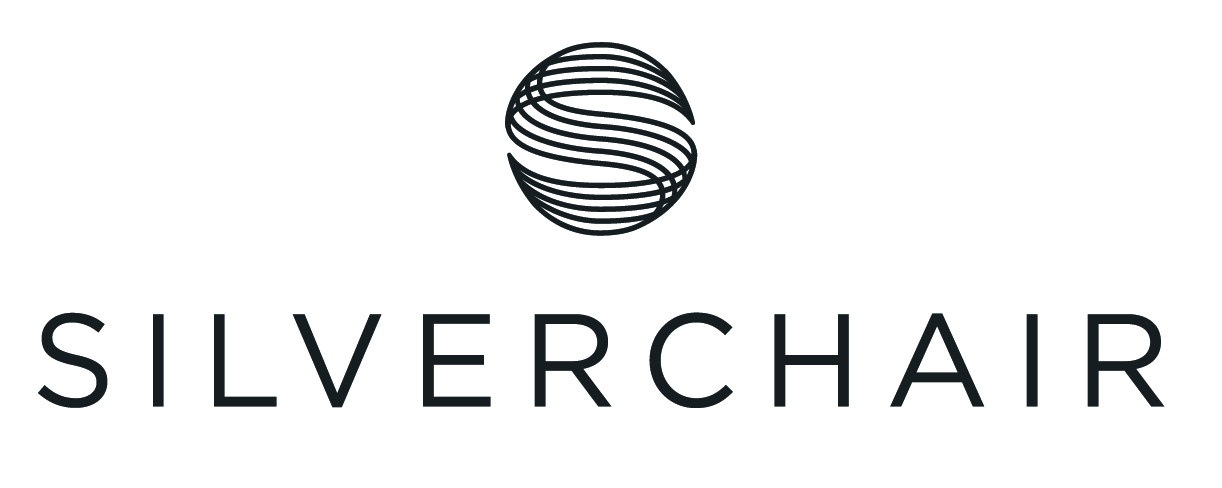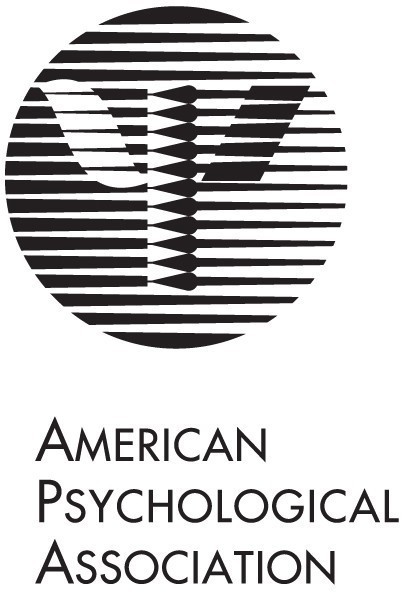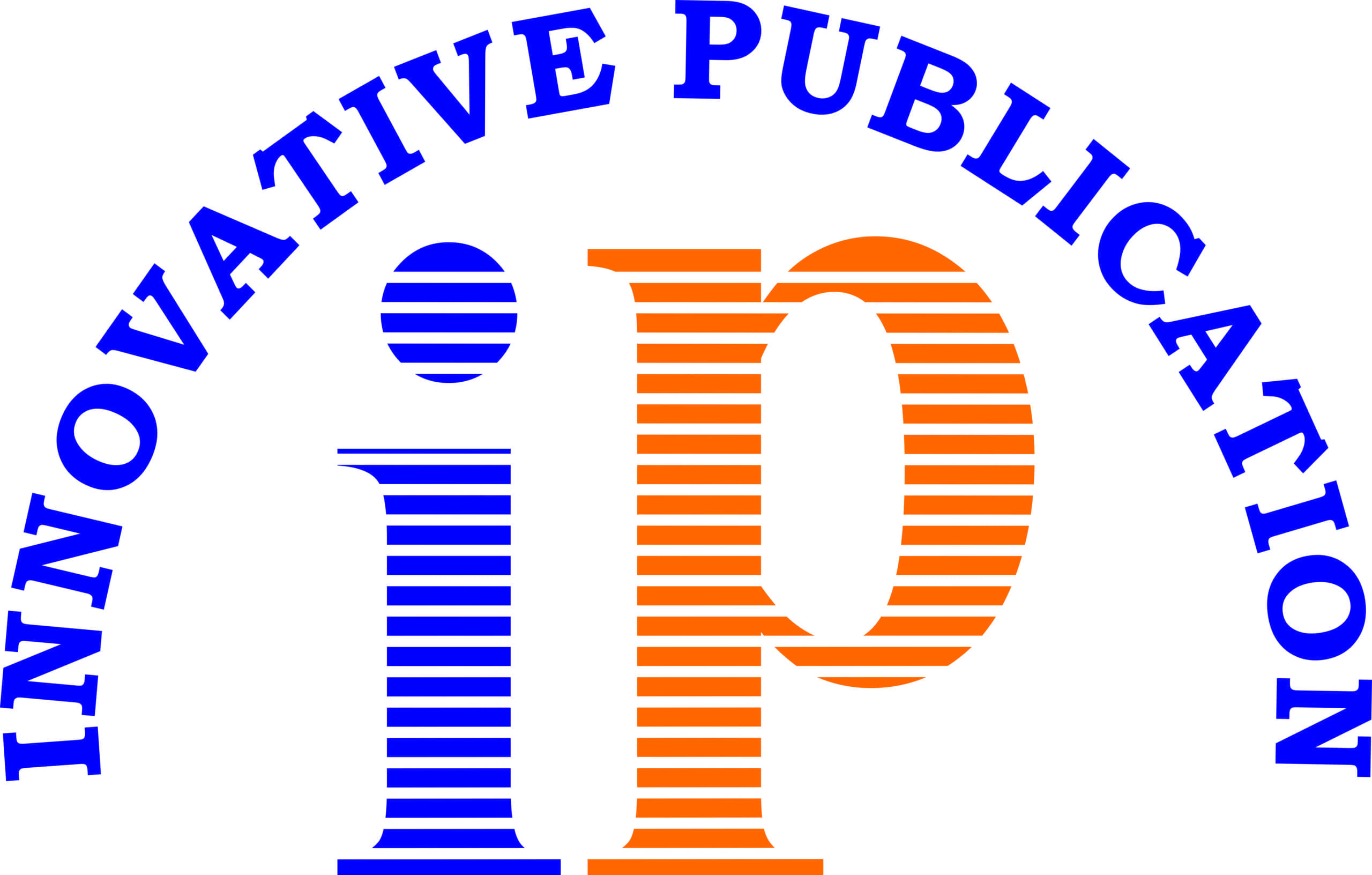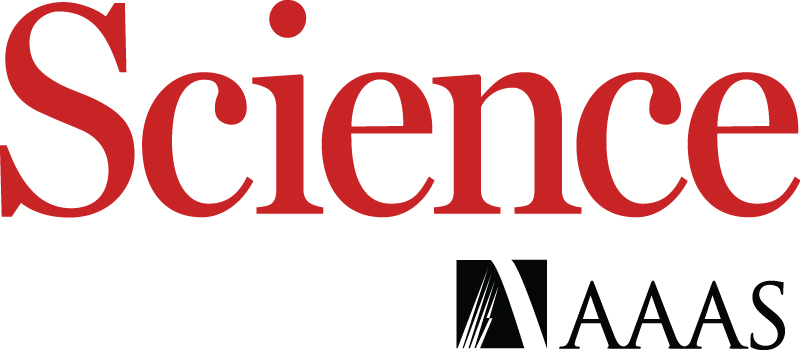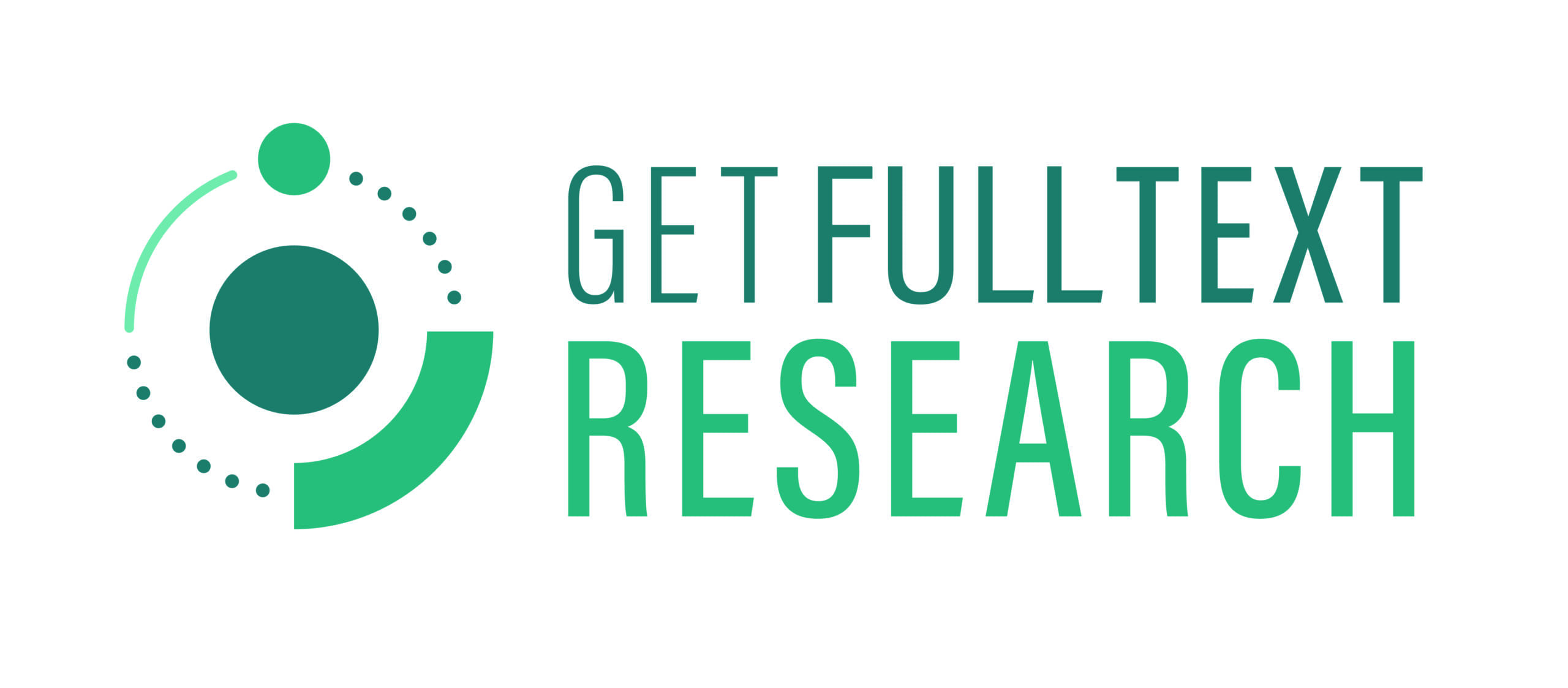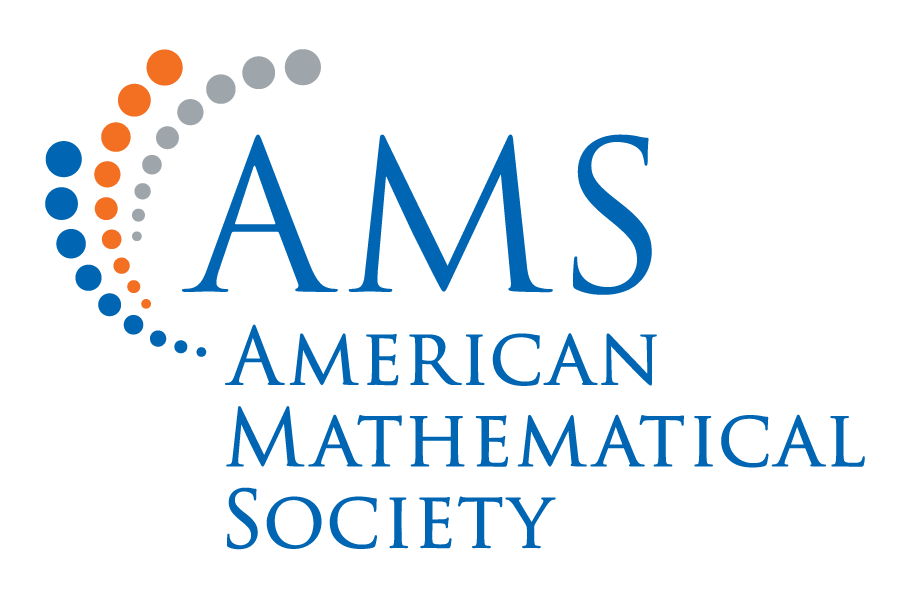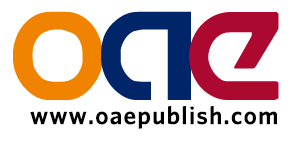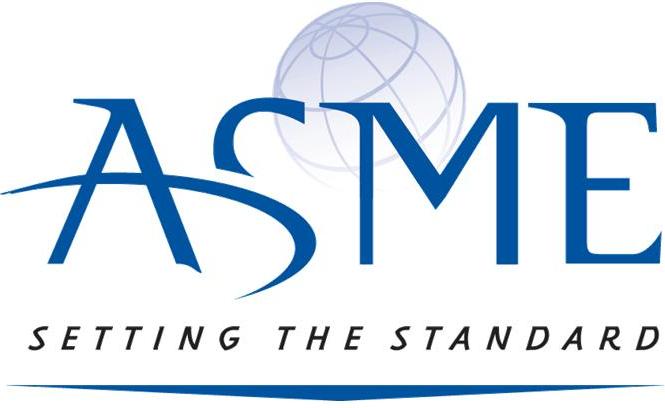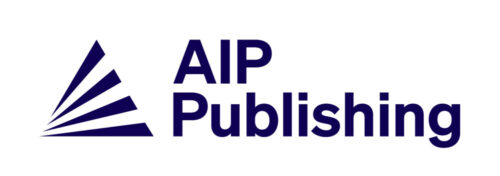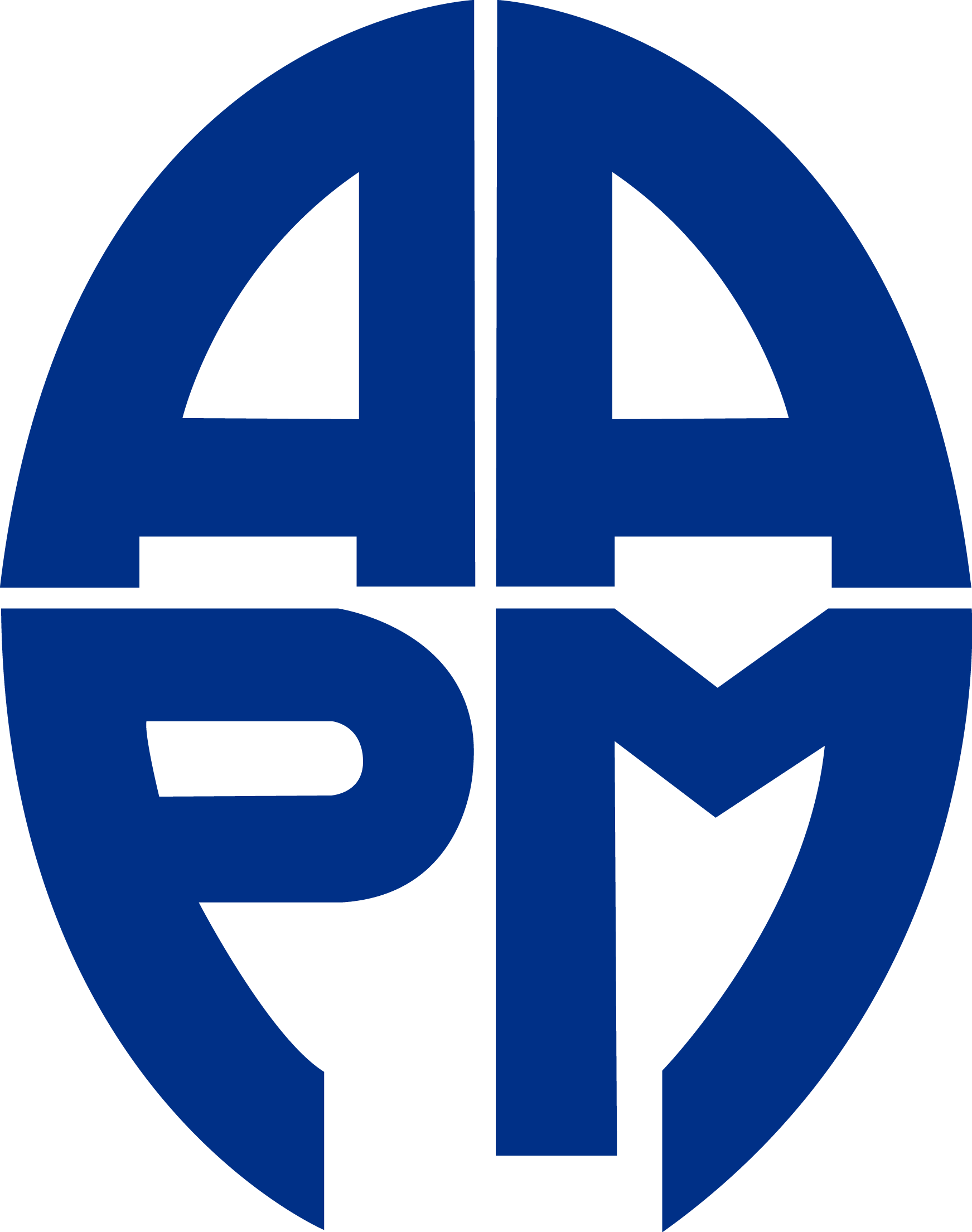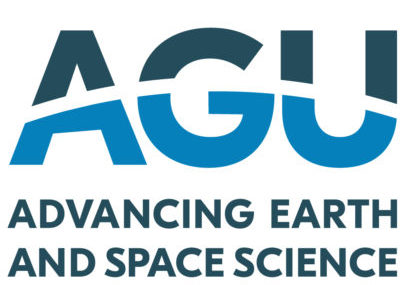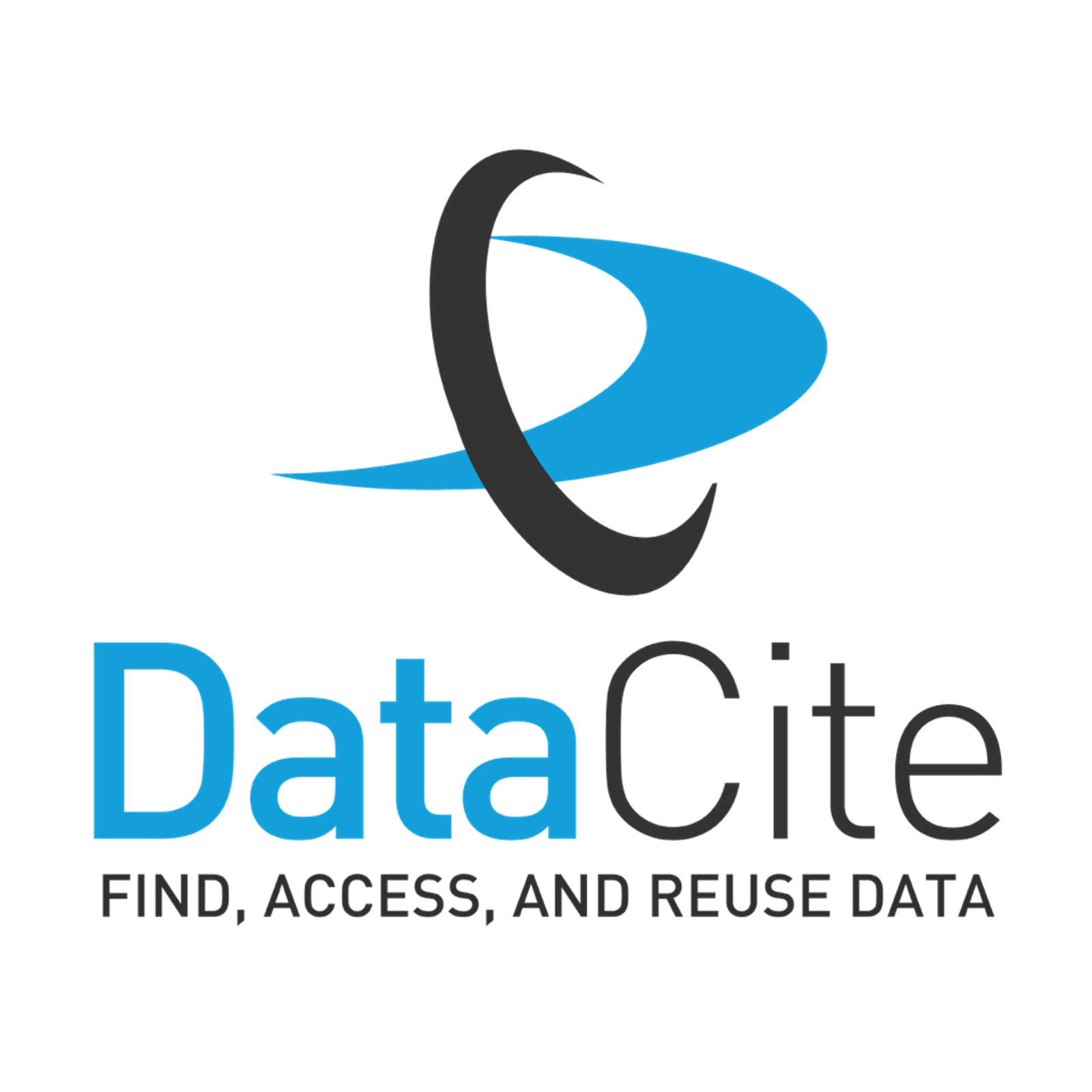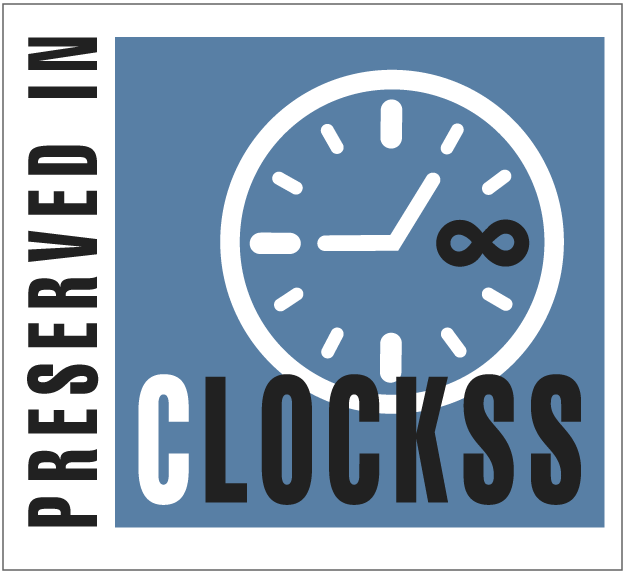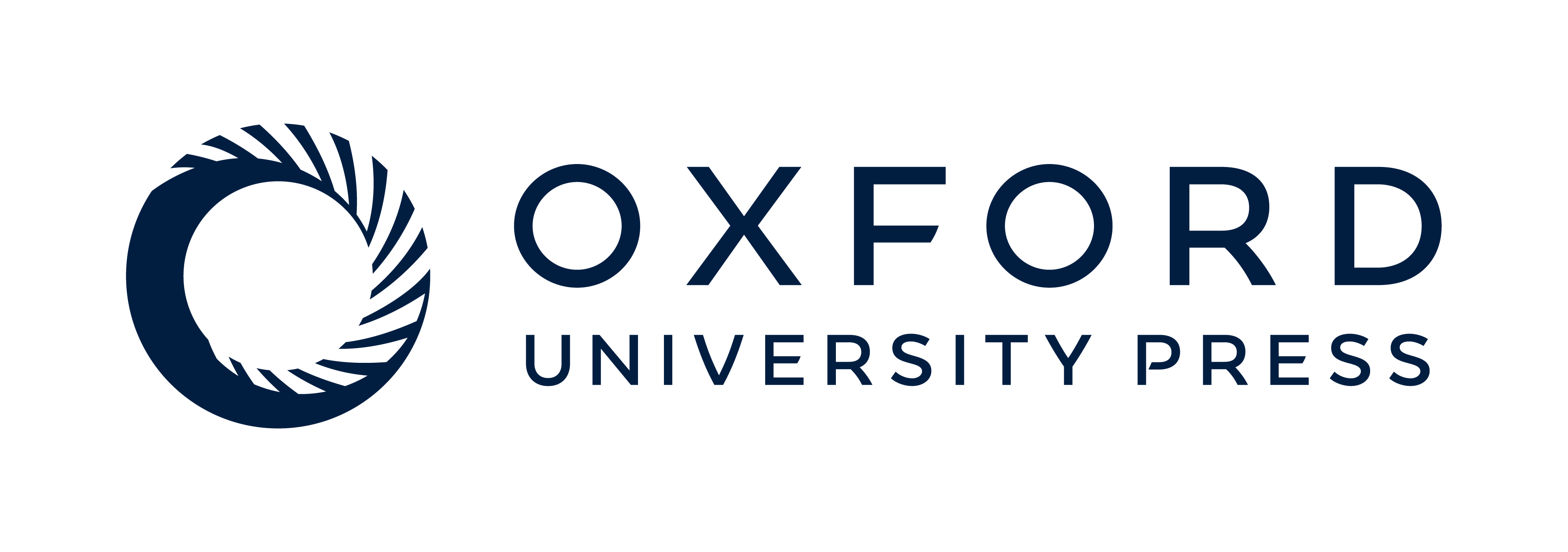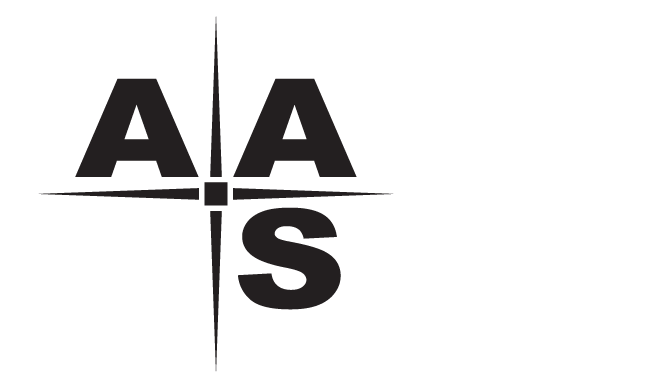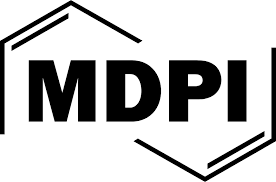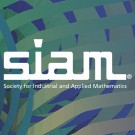CHORUS Board of Directors Election Results
Directors were elected to the CHORUS/CHOR, Inc. Board of Directors at the Annual Members Meeting held on18 April 2024. Newly elected to the board is Sybille Geisenheyner (American Chemical Society). Returning to the CHORUS board are: Dawn Melley (IEEE), Michael Levine-Clark, Diane Sullenberger. All will serve a three-year term ending in 2027. The board thanks […]
Save the Date CHORUS Forum: Linking from Datasets to Content
Save the Date CHORUS Forum: Linking from Datasets to Content Join us for the CHORUS Forum: Supporting Accessibility Thursday, 27 June 2024 @ 11:00 AM – 12:00 PM EDT Registration to open soon! Whether you’re a data scientist, content creator, software developer, or business strategist, this virtual event offers valuable insights and practical guidance […]
CHORUS Forum: 12 Best Practices for Research Data Sharing – summary and comments
At last month’s CHORUS Forum: 12 Best Practices for Research Data Sharing speakers addressed the Joint Statement on Research Data Sharing by STM, DataCite and Crossref. The forum was moderated by Howard Ratner, Executive Director, CHORUS and sponsored by AIP Publishing, Association of American Publishers, Crossref, GeoScienceWorld, and STM. Hylke Koers, Chief Information Officer, STM […]
ARDC and DataCite Announce Partnership to Deliver the RAiD Service (ARDC Post on 2 April 2024)
ARDC and DataCite have announced a partnership to deliver the RAiD Service. The Research Activity Identifier (RAiD) is a persistent identifier (PID) dedicated to research projects and activities, see announcement here https://ardc.edu.au/article/ardc-and-datacite-announce-partnership-to-deliver-the-raid-service/ The post highlights the problem(s) RAiD is trying to solve. See the June 2023 CHORUS Forum presentation given by Shawn Ross, Professor of […]
Developing a US National PID Strategy Report Released
The Open Research Funders Group PID Strategy Working Group released their report, Developing a US PID National Strategy: http://doi.org/10.5281/zenodo.10811008. According to Todd Carpenter, this report authored in concert with the Research DataAlliance (RDA), Higher Education Leadership Initiative for Open Scholarship (HELIOS) and the Open Research Funders Group (ORFG), “… seeks to advance interoperability, simplify output […]
CHORUS Forum: Navigating the Future of Persistent Identifiers (PIDs) in Scholarly Publishing: Challenges, Risks, and Opportunities
Join us for the CHORUS Forum Navigating the Future of Persistent Identifiers (PIDs) in Scholarly Publishing: Challenges, Risks, and Opportunities Wednesday, 22 May 2024 @ 11:00 AM – 12:30 PM EDT Registration is now open! This forum will aim to provide an overview of PIDs in the scholarly publishing workflow then focus on topics such […]
Tracking Research Facilities in Science: A CSIRO/CHORUS Pilot Sets Sail (SSP Scholarly Kitchen Post)
Check out Todd Carpenter’s post on the Scholarly Kitchen: Tracking Research Facilities in Science: A CSIRO/CHORUS Pilot Sets Sail. Todd explains how large-scale technological investments are crucial for scientific progress and how tracking their use and impact over time is challenging. Our three-year pilot project with CSIRO aims to address this by developing a workflow […]
CHORUS Forum: 12 Best Practices for Research Data Sharing
Join us for the CHORUS Forum: 12 Best Practices for Research Data Sharing Wednesday, 27 March 2024 @ 11:00 AM – 12:00 PM EDT Registration is now open! The joint statement on 12 Best Practices for Research Data Sharing by DataCite, STM and Crossref helps accelerate adoption of best practices and policies, aiming to enhance […]
SAVE THE DATE – CHORUS 2024 Annual Members Business Meeting
SAVE THE DATE – CHORUS 2024 Annual Members Business Meeting 18 April 2024 at 9:30AM EDT “Virtual Zoom Meeting” Please save the date for the CHORUS 2024 Annual Members Business Meeting Thanks for your continued support, CHORUS Staff info@chorusaccess.org
Crossref update on Funder ID transition to RoR
Following the earlier post from Crossref about their plans to deprecate the support for the Open Funder Registry, Crossref has released another update on using ROR in place of the Open Funder Registry. The post can be found here – RORing ahead: using ROR in place of the Open Funder Registry.



